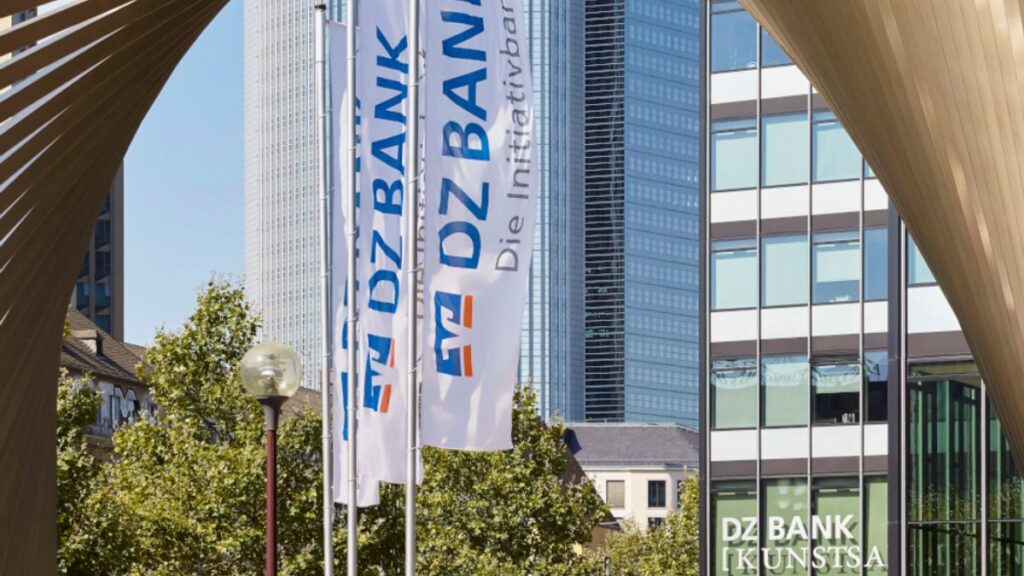The agreement will provide cryptocurrency trading and custody solutions to around 700 cooperative banks, with an initial rollout set for late 2024.

Germany’s second-largest financial institution, DZ Bank, has teamed up with Boerse Stuttgart Digital to offer cryptocurrency trading and custody services to its cooperative bank network.
This partnership will enable around 700 cooperative banks under DZ Bank’s umbrella to provide their retail customers with access to digital assets like Bitcoin and Ether.
The regulated platform is launching the new service through a phased roll-out plan, starting later this year, allowing select retail customers to test the crypto trading feature.
Phased Roll-Out Plan
The technical and operational setup for the new service is already underway, with the goal of connecting the first banks by the end of 2024.
In the initial phase, a small group of retail clients will test the crypto trading service to ensure a smooth launch across the cooperative banking network.
Based on feedback from the test group, the service will be fully implemented following the testing phase.
Boerse Stuttgart’s Role
Boerse Stuttgart will provide the regulatory infrastructure and technical support for DZ Bank’s crypto services.
Boerse Stuttgart Digital, the crypto arm of the Boerse Stuttgart Group, is specifically facilitating the trading and custody solutions for DZ Bank’s cooperative bank network.
In a press release shared with Cointelegraph, Matthias Voelkel, CEO of Boerse Stuttgart Group, stated that the crypto division offers “retail-customer-oriented” infrastructure solutions.
German Banks Embrace Crypto
On April 15, Germany’s largest federal bank, Landesbank Baden-Württemberg, announced plans to offer crypto custody services in the second half of 2024.
The bank is set to provide its crypto services to institutional clients through a partnership with Bitpanda, an Austria-based crypto exchange.
This collaboration allows the German federal bank to utilize Bitpanda’s platform, custody solutions, and regulatory licenses required for compliance.
